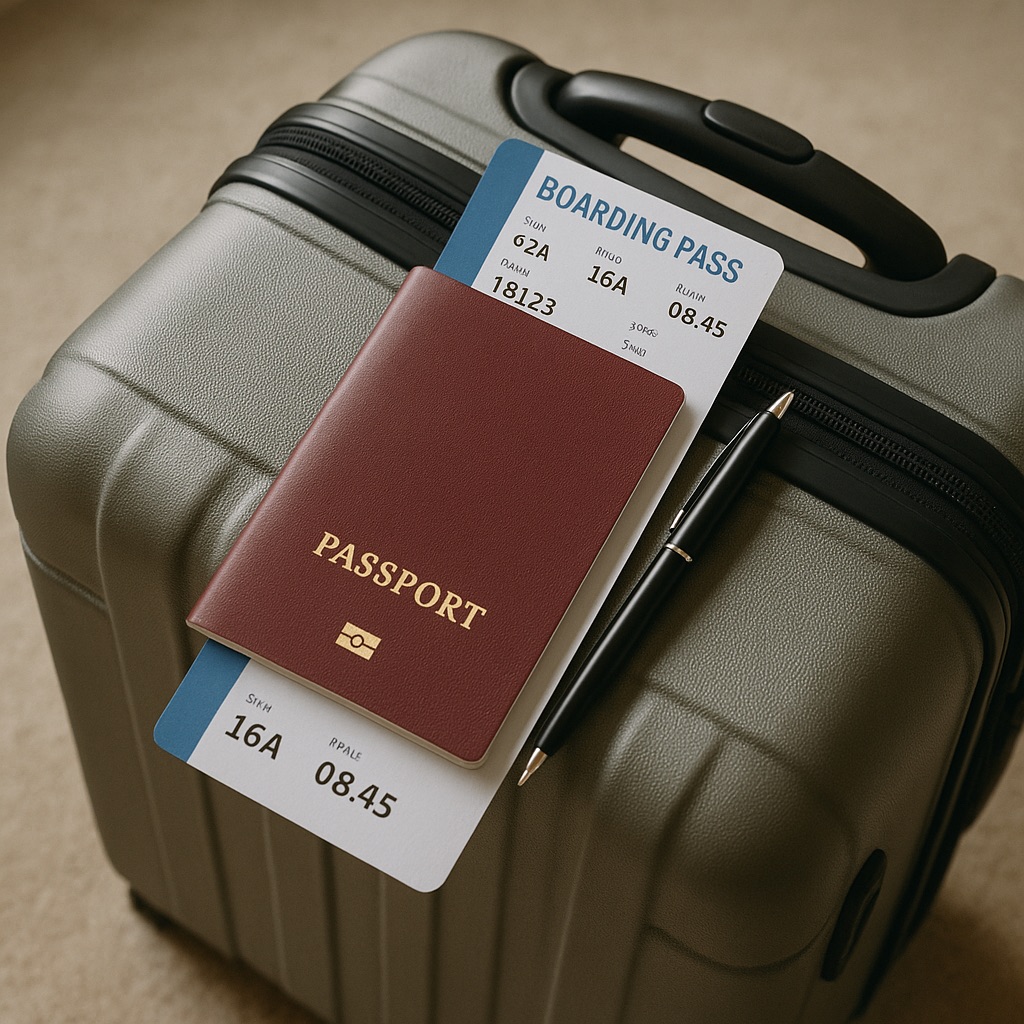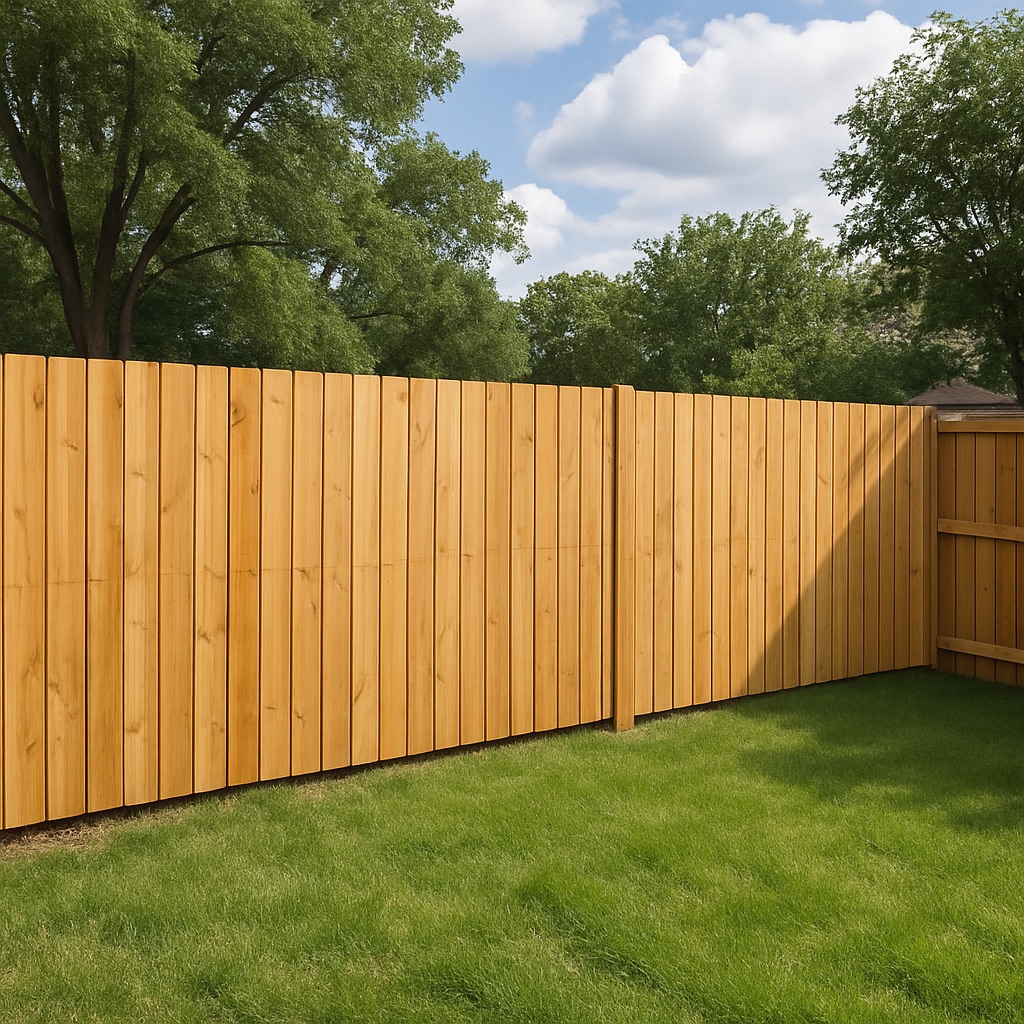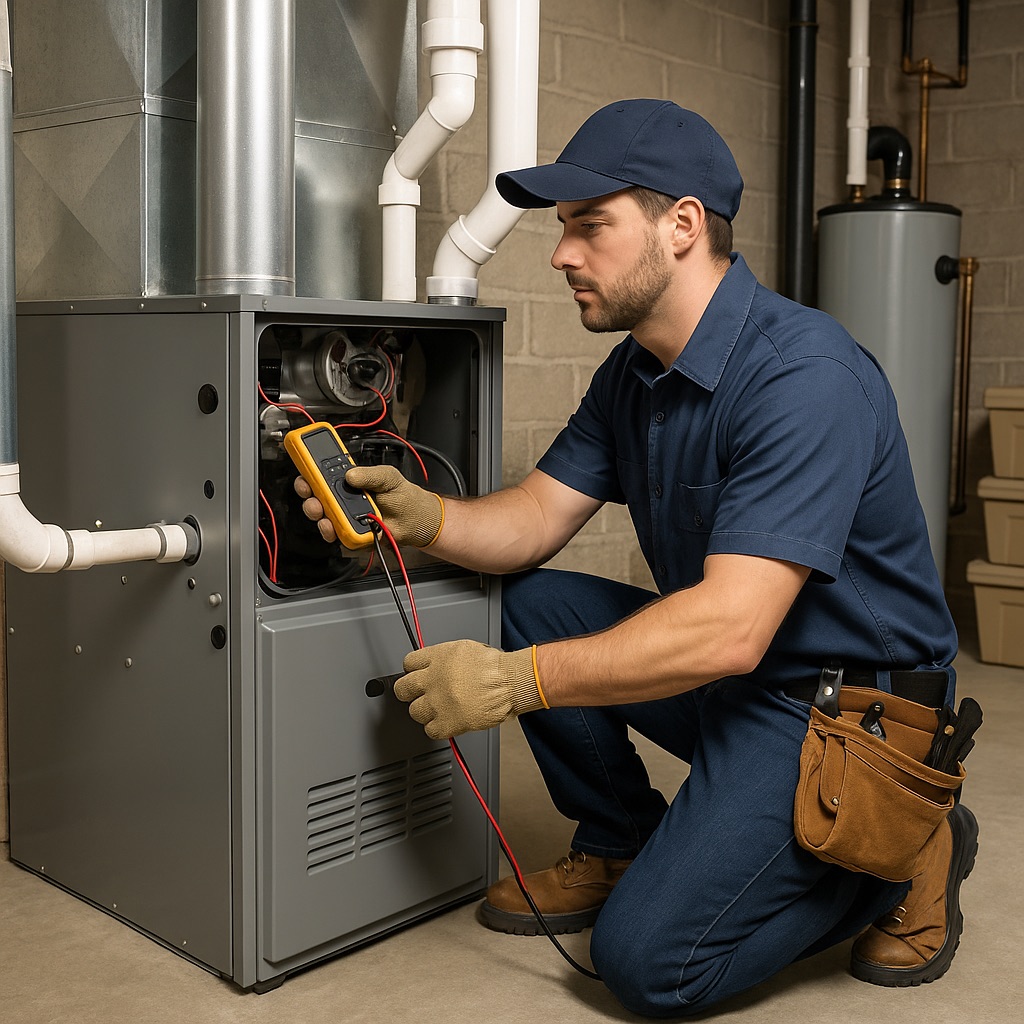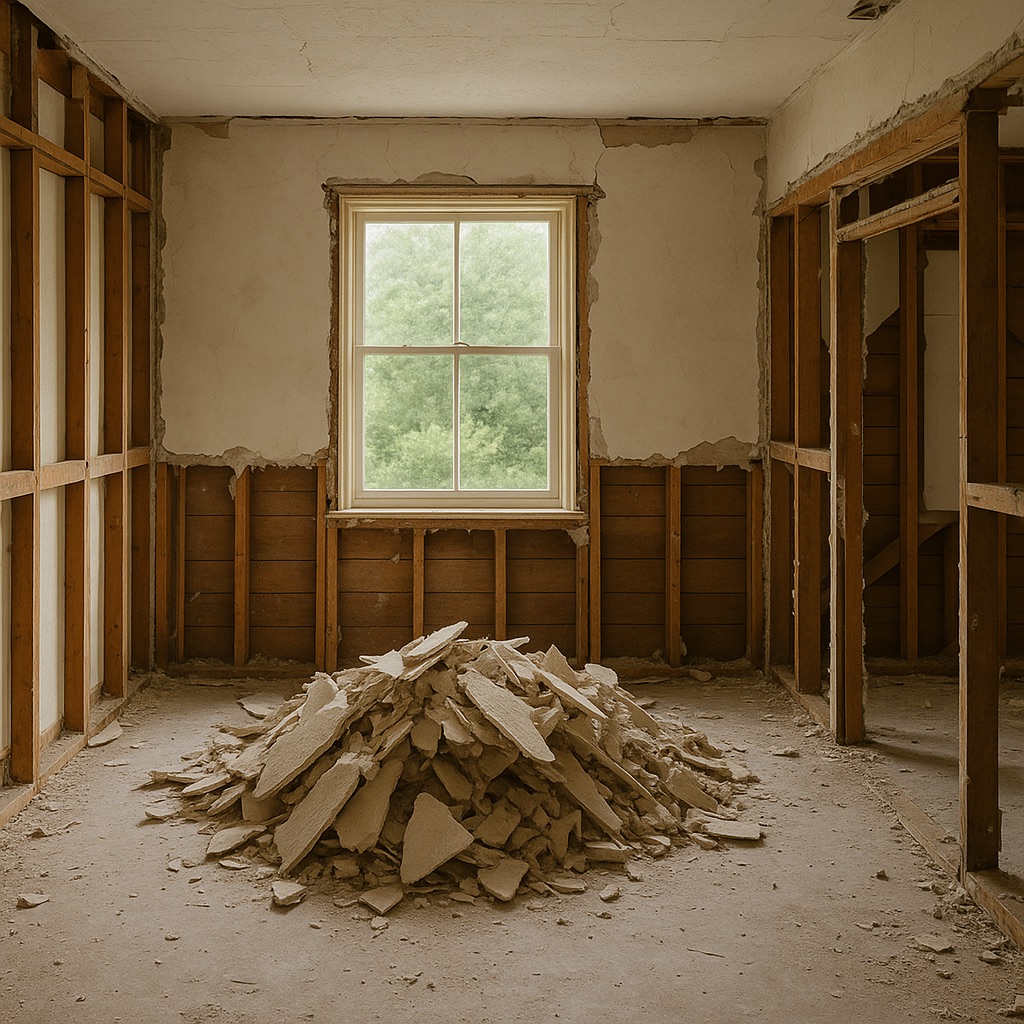Last updated on
Natural disasters can strike at any time, often without warning. Earthquakes, floods, hurricanes, and other natural disasters can cause immense damage to homes and property in minutes.
While it’s impossible to be 100% prepared for every disaster that may come your way, there are steps you can take to protect yourself from the devastating effects of Mother Nature.
Here are a few tips to help you protect your home from natural disasters.
Table of Contents
Bolster the Structural Integrity of Your Home
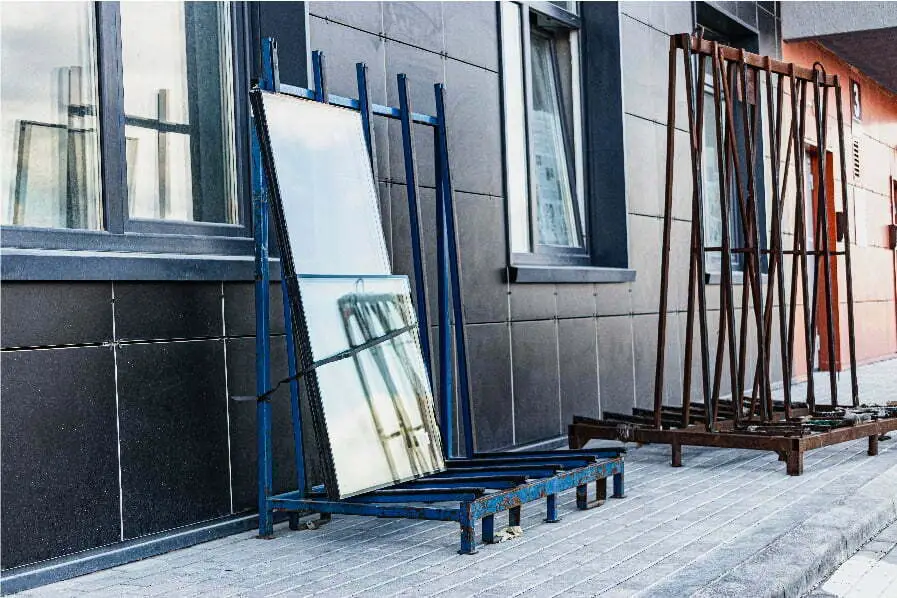
It is essential to bolster the structural integrity of your home to protect it from natural disasters. If you live in an area prone to earthquakes, consider reinforcing your home’s foundations with steel bars or concrete piles.
Ensure that any cracks in exterior walls have been properly sealed, so they do not become larger during a seismic event or other disasters.
Make sure also that all windows and doors fit securely into their frames. If necessary, replace them with sliding glass doors designed to remain closed during a hurricane.
You can go now to consult windows and doors experts for more information about the best type of windows and doors for your home. Check on roofing shingles and tiles regularly for wear and tear; replacing them when needed will help prevent water damage caused by heavy rains associated with hurricanes or flooding events.
Strengthen Your Home Against Flooding

If your home is located in a flood-prone area, it’s important to take extra precautions. Ensure that the ground around your home slopes away from the foundation so water will be directed away from the house during a flood event.
Consider installing a sump pump in low-lying areas of the home to help keep them dry.
Consider installing flood barriers around your windows and doors to prevent water from entering the building during a flood event.
Basements can be waterproofed with sealants or plastic sheeting, while exterior walls can be sealed with weatherproof paint or brick.
Ensure that all stormwater drainage systems are in good working order and can handle high water levels.
Fire Alarms: Essential for Early Warning and Safety
Fire alarms are a critical part of protecting your home, offering early detection and warning during a fire. Install them on every level of your home, inside bedrooms, and outside sleeping areas for comprehensive coverage.
To ensure they remain reliable, test them monthly, replace batteries annually, and clean them to prevent dust build-up. Replace the entire unit every 10 years to maintain effectiveness. For added protection, consider professional alarm monitoring for safety. This service connects your fire alarm system to a monitoring center, ensuring emergency services are alerted even if you’re not home.
Integrating fire alarms into your safety plan, along with professional monitoring, provides peace of mind and an added layer of protection.
Secure Your Home Against High Winds
High winds associated with tornadoes, hurricanes, and other storms can cause severe damage to homes. Make sure that your roof is securely fastened to your home’s framework, as it provides an essential layer of protection.
Trim any trees that could become projectiles in high winds, and secure outdoor furniture and other items that strong gusts could pick up.
Ensure that your windows are securely fastened and can withstand high wind speeds without damage. If necessary, consider upgrading them to impact-resistant windows that can resist wind speeds up to 140 mph.
Invest in Disaster Preparedness Supplies
Having the right supplies and equipment on hand can make a huge difference in an emergency. Start by gathering basic supplies like flashlights, batteries, water, non-perishable foods, and first-aid kits. Store them all in one location that’s easy to access in case you need to evacuate your home quickly.
You can also invest in more specialized supplies, such as a fire extinguisher, sandbags, and tarps for minor flooding events. It’s best to purchase these supplies before an emergency arises, so you don’t have to worry about finding them during a crisis.
Keep an Ample Supply of Food and Water
It’s important to keep an ample supply of food and water in case of a natural disaster. Make sure you have at least three days worth of food and water stored away, as well as any medications that may be needed for family members or pets.
Consider investing in MREs (Meals Ready-To-Eat), specially designed to stay edible for longer periods. You can also purchase large containers to store water if services like electricity, plumbing, and water are disrupted.
Have a Backup Plan
While it’s important to protect your home, there may be times when it is not possible to remain in place during a natural disaster. In these cases, it’s important to have a backup plan in place. Identify potential alternate locations you can go to and ensure everyone knows your evacuation plan’s details.
Make sure that all family members know everyone else’s location and contact information in case of emergency separation.
In addition, keep an emergency kit packed and ready to go at all times. This should include important documents, first-aid supplies, water, and any other items you may need in case of evacuation.
Natural disasters can be catastrophic, but taking proactive measures to protect your home will help minimize their impact. These tips will help ensure that your home is better prepared to withstand any natural disaster. By preparing, you can help keep yourself and your family safe in the face of Mother Nature’s fury.

